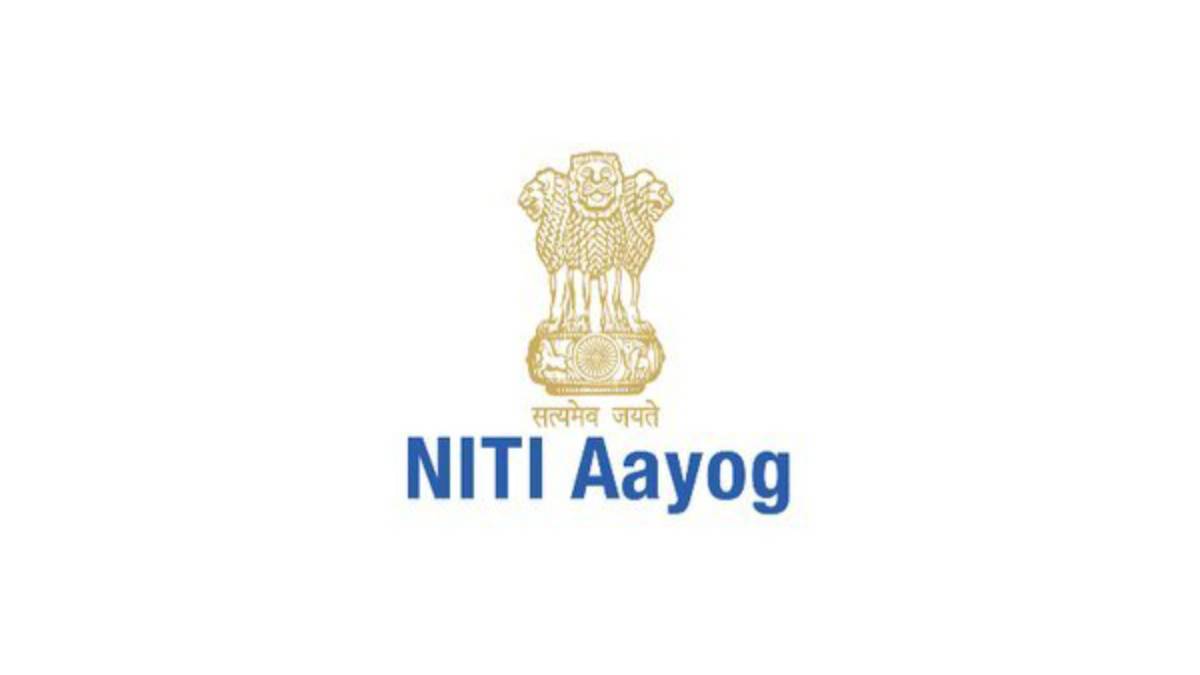With India’s chemicals sector poised for substantial growth, NITI Aayog has proposed seven key policy strategies aimed at increasing the country’s share in global chemicals consumption from the current 3–3.5% to 12% by 2040.
In its latest report titled “Powering India’s Participation in Global Value Chains” (July 2025), the government think tank outlines a roadmap to elevate India’s chemicals industry, setting interim goals of reaching 5–6% by 2030. While the country is witnessing growing participation in the global chemicals market, it currently faces a USD 31 billion trade deficit, underscoring the need to reduce import dependence and enhance domestic capacity.
To address these challenges and unlock global competitiveness, NITI Aayog suggests the following seven strategic interventions:
- Infrastructure Development: Modernise and expand port infrastructure to meet the specific needs of the chemicals industry.
- Financial Support: Introduce production-linked incentives (Opex subsidies) to encourage domestic manufacturing.
- Research & Development: Establish a dedicated R&D innovation fund to drive product and process advancements.
- Skill Development: Launch targeted training programs to build a skilled workforce tailored to industry requirements.
- Trade Policy Reform: Revise free trade agreements to benefit the chemicals sector and enhance export potential.
- Ease of Doing Business: Simplify and streamline environmental clearance procedures while maintaining regulatory integrity.
- Institutional Coordination: Ensure smoother inter-agency collaboration to reduce bureaucratic delays and enhance governance.
The report asserts that, with effective implementation, these measures can help India become a net-zero chemicals importer by 2030, significantly boost manufacturing output, and secure a larger role in the global value chain.
NITI Aayog’s policy blueprint aligns with India’s broader goals of industrial self-reliance and economic resilience, particularly in strategically critical sectors like chemicals.





